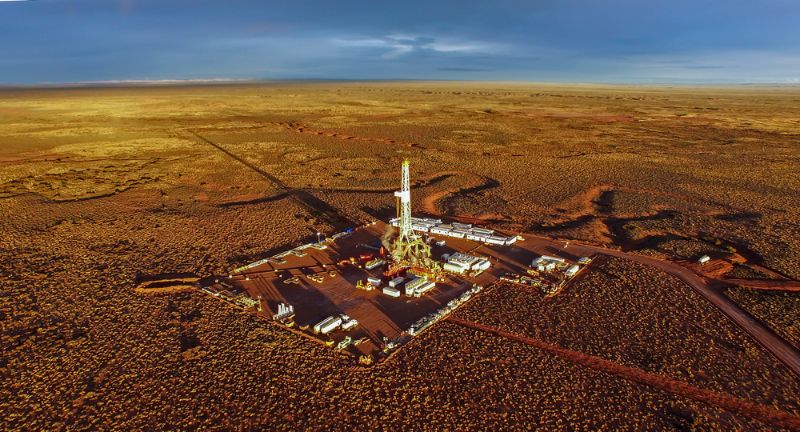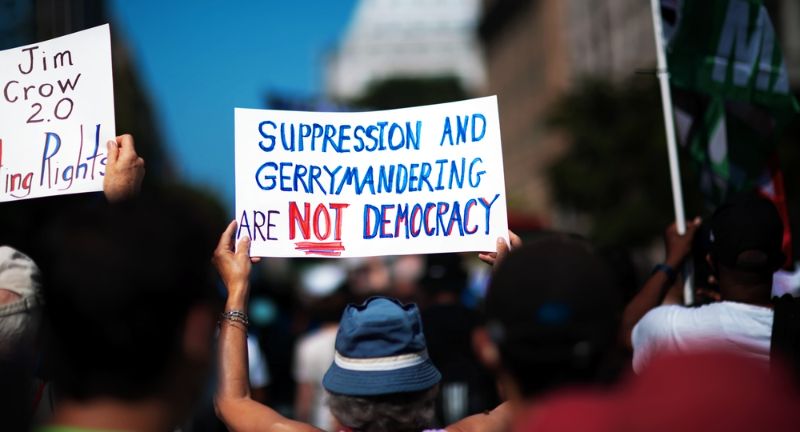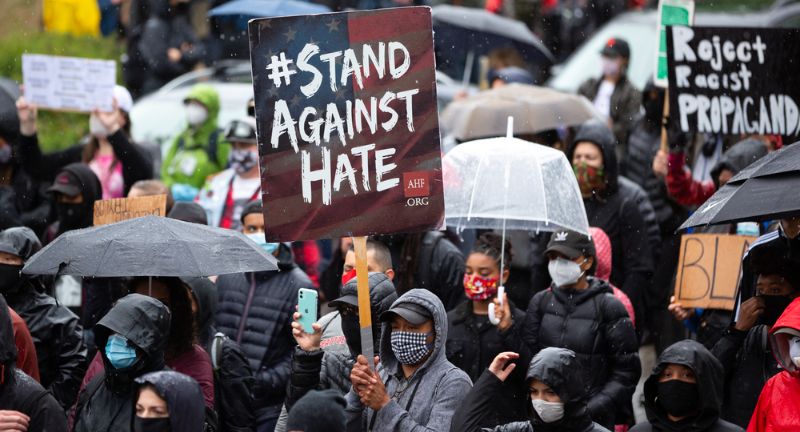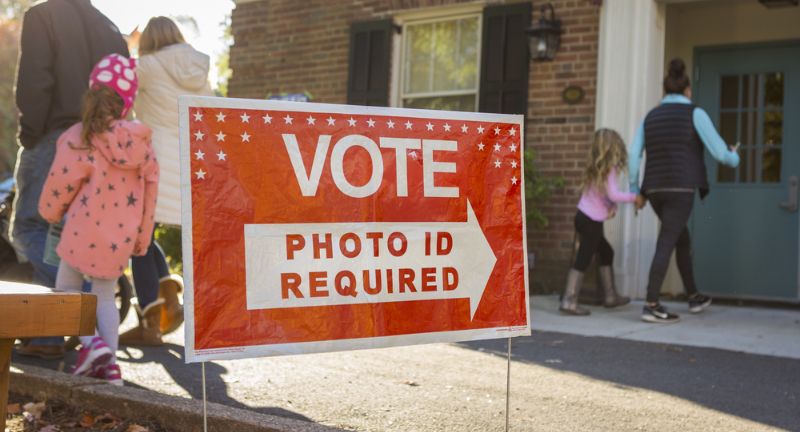NEWS
22 Things Democrats Would Ban Immediately If They Could
Published
1 year agoon

Shutterstock
Imagine a world where the everyday items and practices we take for granted are suddenly off-limits, reshaping our society at the stroke of a legislative pen. This isn’t a dystopian novel—it’s a speculative glimpse into the future if certain Democratic policy proposals were to become reality.
From banning assault weapons and fracking to rethinking our approach to healthcare and environmental conservation, these 22 potential bans represent a bold reimagining of American life, sparking debate and controversy across the political spectrum.
High-Capacity Magazines

Shutterstock
Democrats often advocate for stricter gun control measures, and banning high-capacity magazines is a common proposal. This is rooted in the belief that such magazines allow shooters to fire more rounds without reloading, potentially leading to higher casualties in mass shooting incidents. Proponents argue that this ban could make mass shootings less deadly, while opponents see it as an infringement on Second Amendment rights.
Assault Weapons

Shutterstock
Many Democrats push for the prohibition of assault weapons, defining them as semi-automatic firearms with military-style features. The rationale is that these weapons are not necessary for self-defense and are often used in high-profile mass shootings. Critics argue that the term “assault weapon” is too vague and that such bans infringe on Americans’ rights to own firearms for lawful purposes.
Fracking

Shutterstock
Environmental concerns lead some Democrats to support banning hydraulic fracturing, or fracking, due to its potential impacts on water supplies, air quality, and climate change. They argue that transitioning to renewable energy sources is critical for environmental protection and reducing greenhouse gas emissions. However, opponents of a ban highlight fracking’s role in boosting the U.S. energy industry and reducing reliance on foreign oil.
Plastic Bags

Shutterstock
Single-use plastic bags are targeted for bans by many Democrats who are concerned about pollution and environmental sustainability. They support the use of reusable bags to reduce waste and protect marine life, as plastic bags can take centuries to decompose and often end up in oceans. Critics argue that plastic bag bans can be inconvenient for consumers and may not significantly impact overall plastic waste.
For-Profit Prisons

Shutterstock
Some Democrats argue that the for-profit prison industry incentivizes incarceration over rehabilitation and should be banned. They believe that profit motives can lead to cost-cutting measures that negatively affect inmate care and rehabilitation efforts. Opponents claim that private prisons provide necessary flexibility and efficiency in the correctional system.
Conversion Therapy for Minors

Shutterstock
Aiming to protect LGBTQ+ youth, many Democrats support banning conversion therapy for minors, a practice aimed at changing an individual’s sexual orientation or gender identity. They argue that it is scientifically discredited and harmful. Critics of the ban argue for parental rights and religious freedom.
Pesticides Harmful to Bees

Shutterstock
Concerned about declining bee populations and their impact on pollination and ecosystems, some Democrats propose banning certain pesticides believed to harm bees. They emphasize the importance of bees in food production and biodiversity. Opponents worry about the impact on agriculture and pest control.
Junk Food Advertising to Children

Shutterstock
To combat childhood obesity, some Democrats advocate for banning junk food advertising targeted at children. They argue that such advertisements encourage unhealthy eating habits. Critics see this as an overreach into business practices and parental responsibilities.
Private Health Insurance

Shutterstock
In the context of advocating for a single-payer healthcare system, some Democrats have suggested that private health insurance could be phased out. They believe a single-payer system would ensure universal healthcare coverage and reduce overall costs. This idea is controversial, with opponents arguing for consumer choice and the benefits of competition.
Right to Work Laws

Shutterstock
Some Democrats oppose “right to work” laws, which prohibit union security agreements between companies and their workers’ unions. Critics argue these laws weaken unions and depress wages. Opponents claim they protect individual workers’ rights and promote job growth.
Sale of Public Lands

Shutterstock
Concerned about conservation and environmental protection, some Democrats would ban the sale of public lands to private entities. They argue that public lands should be preserved for recreational use and biodiversity conservation. Opponents see potential economic benefits in private development and management of these lands.
Gerrymandering

Shutterstock
Seeking fairer electoral processes, many Democrats advocate for banning gerrymandering, the practice of drawing electoral district boundaries to favor one party. They support independent commissions to draw fair, non-partisan maps. Critics argue that redistricting is a prerogative of state legislatures and can be used to reflect political realities.
Payday Loans

Shutterstock
To protect consumers from high interest rates and debt traps, some Democrats propose banning payday loans. They argue these loans exploit financially vulnerable individuals. Opponents claim they provide necessary services for those who lack access to traditional banking.
Styrofoam Containers

Shutterstock
Due to environmental concerns, banning Styrofoam containers is supported by some Democrats. They argue that Styrofoam is not biodegradable and contributes to pollution. Critics point to the convenience and cost-effectiveness of Styrofoam for food service.
Mandatory Minimum Sentences

Shutterstock
Some Democrats seek to ban mandatory minimum sentences, arguing they contribute to over-incarceration and limit judicial discretion. They advocate for sentencing reforms that focus on rehabilitation. Opponents believe mandatory minimums are necessary for deterring crime.
Non-Compete Agreements

Shutterstock
Arguing that they stifle competition and mobility, some Democrats propose banning non-compete agreements for most workers. They believe these agreements limit workers’ employment opportunities and wage growth. Critics argue they protect businesses’ intellectual property and investments in employee training.
Fossil Fuel Subsidies

Shutterstock
In an effort to combat climate change, some Democrats advocate for ending subsidies for fossil fuel companies. They argue that the government should not support industries contributing to environmental degradation. Opponents claim these subsidies are necessary for energy independence and economic stability.
Microbeads in Cosmetics

Shutterstock
Due to their impact on water systems and marine life, some Democrats support banning microbeads in cosmetics. They argue that these tiny plastic particles are not biodegradable and pollute waterways. Critics say alternatives may increase costs for consumers and manufacturers.
Hate Speech

Shutterstock
While the U.S. Constitution protects free speech, some Democrats advocate for stricter regulations on hate speech, arguing it incites violence and discrimination. This is a contentious issue, with opponents citing the importance of protecting free speech rights even when speech is offensive.
Exotic Animal Ownership

Shutterstock
To protect public safety and animal welfare, some Democrats propose banning the private ownership of exotic animals. They argue that exotic pets can pose dangers to communities and suffer from improper care. Opponents see this as an infringement on personal freedom and property rights.
Voter ID Laws

Shutterstock
Some Democrats argue that voter ID laws should be banned because they can disenfranchise voters, particularly minorities and low-income individuals, who may have difficulty obtaining ID. They advocate for making voting as accessible as possible. Critics argue that ID requirements prevent voter fraud and ensure the integrity of elections.
Facial Recognition Surveillance by Police

Shutterstock
Concerned about privacy and civil liberties, some Democrats propose banning the use of facial recognition technology by police departments. They argue it can be inaccurate, especially for people of color, and infringe on individuals’ rights. Opponents claim it is a valuable tool for law enforcement and public safety.
Conclusion

Shutterstock
As we venture through this speculative list of things Democrats might ban if given the chance, it’s clear that the boundary between political aspiration and practical policy is both vast and nuanced. Each proposed ban, whether focused on environmental sustainability, social justice, or public health, reflects a complex interplay of values, priorities, and visions for the future.
While the feasibility and desirability of these bans remain subjects of intense debate, they underscore the ongoing dialogue about the kind of society we aspire to create and the role of government in shaping our collective destiny.
More From Local News X
-


Demonstration at intersection after elder from Golden Gate Park Senior…
-


18 Signs Of A Wildly Irresponsible Gun Owner
-


23 Habits to Build a Strong and Lasting Marriage
-


Schools need armed teachers and prayer, Kinney County, Texas sheriff…
-


21 Reasons Trade School Might Be Smarter Than College
-


The roof of a building is on fire…..in Richmond, VA
-


Orange County Sheriff discusses case of two-year-old who shot and…
-


The Top 15 Concealed Carry Handgun Options In 2024
-


The 20 Rudest Things You Can Do In Someone Else’s…
-


Near the Robb Elementary School Shooting Memorial
-


21 Disturbing Ways Gen Xers Are Hurting Their Kids’ Financial…
-


20 Reasons Retirees Are Disappointed When They Reach High Net…
